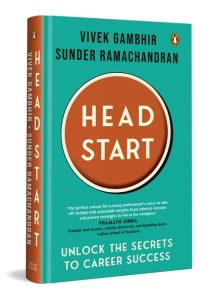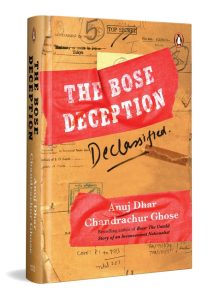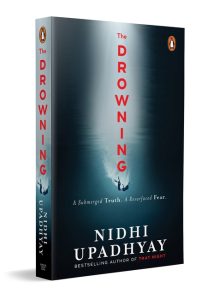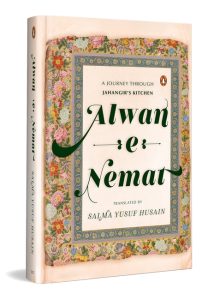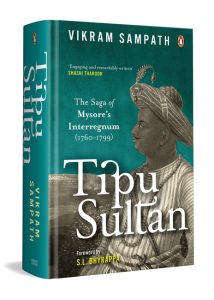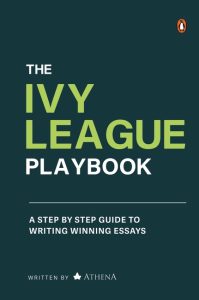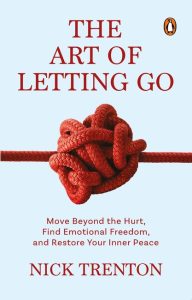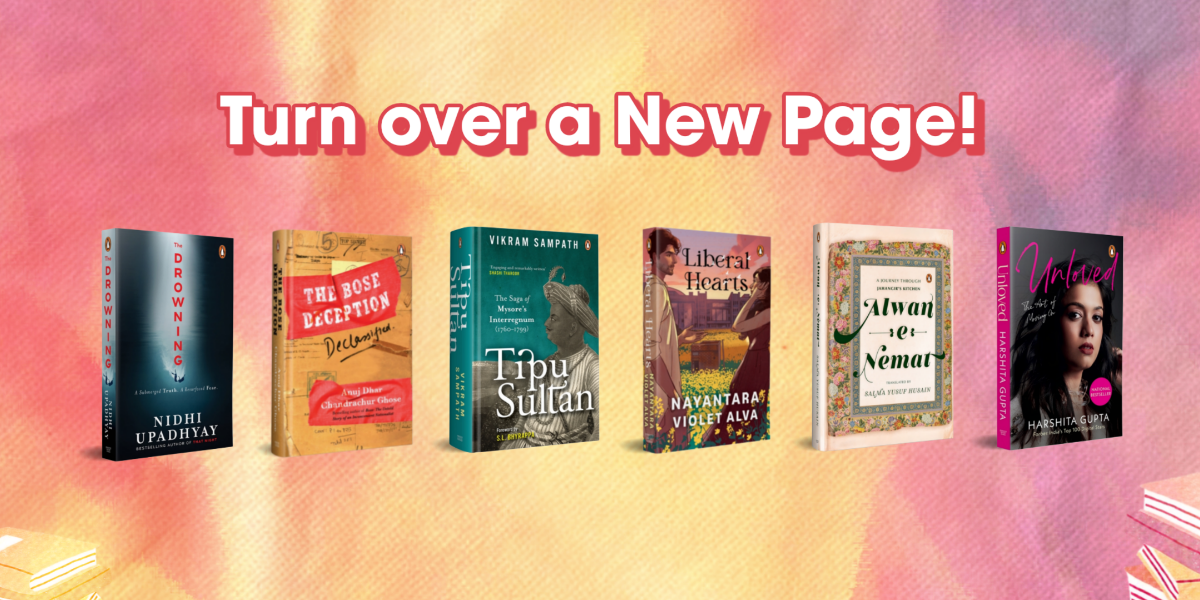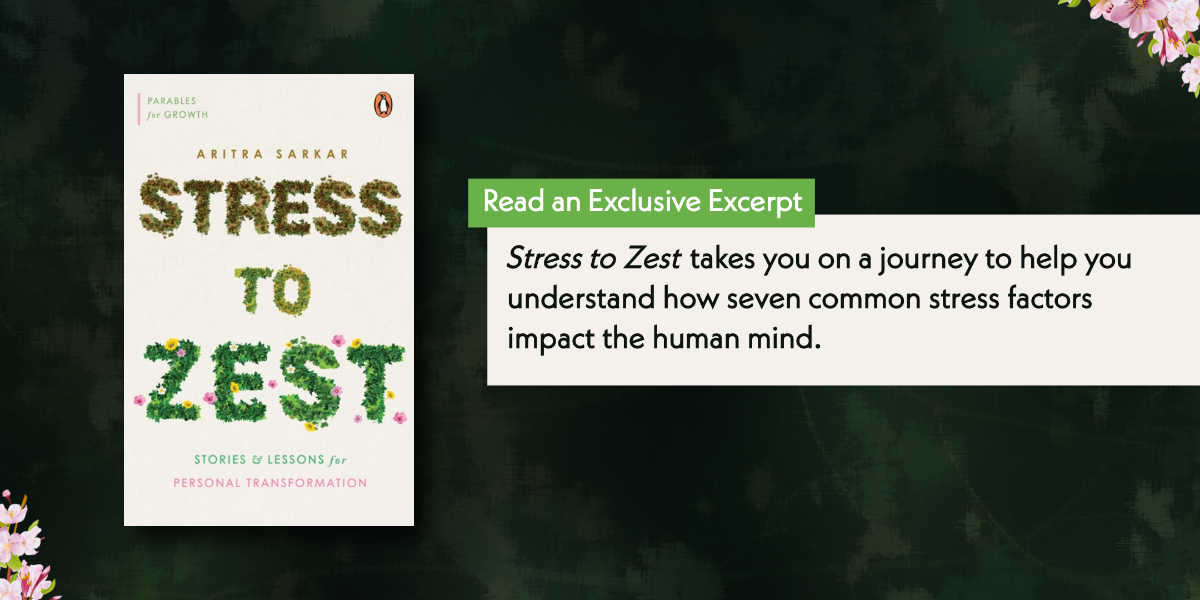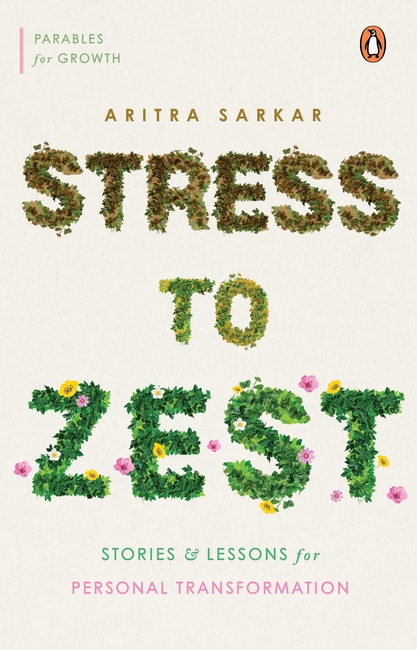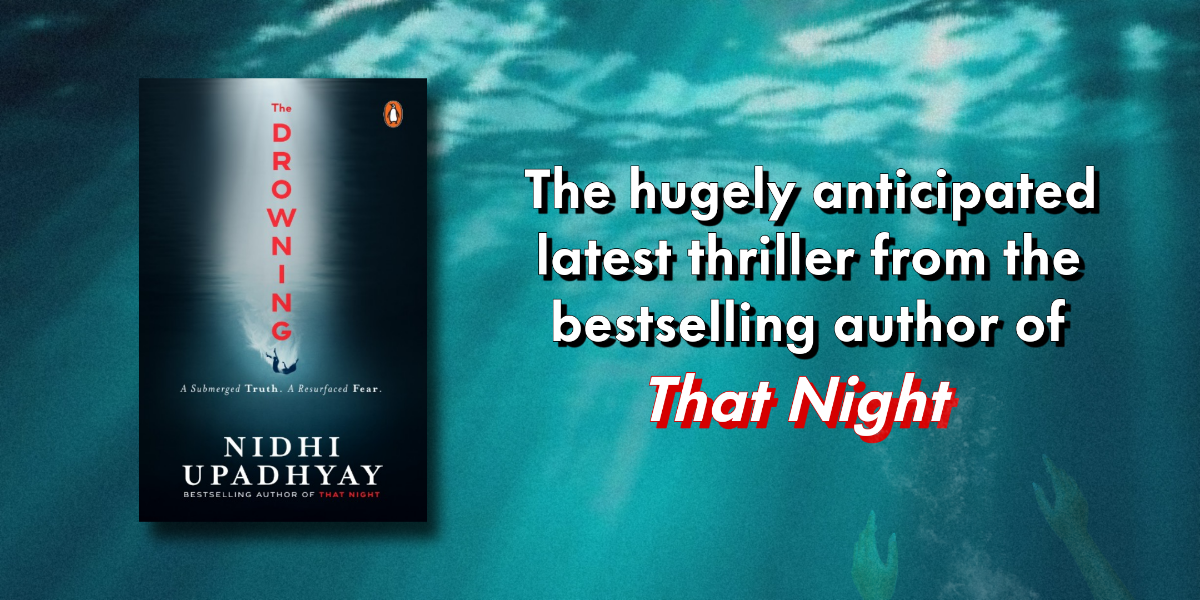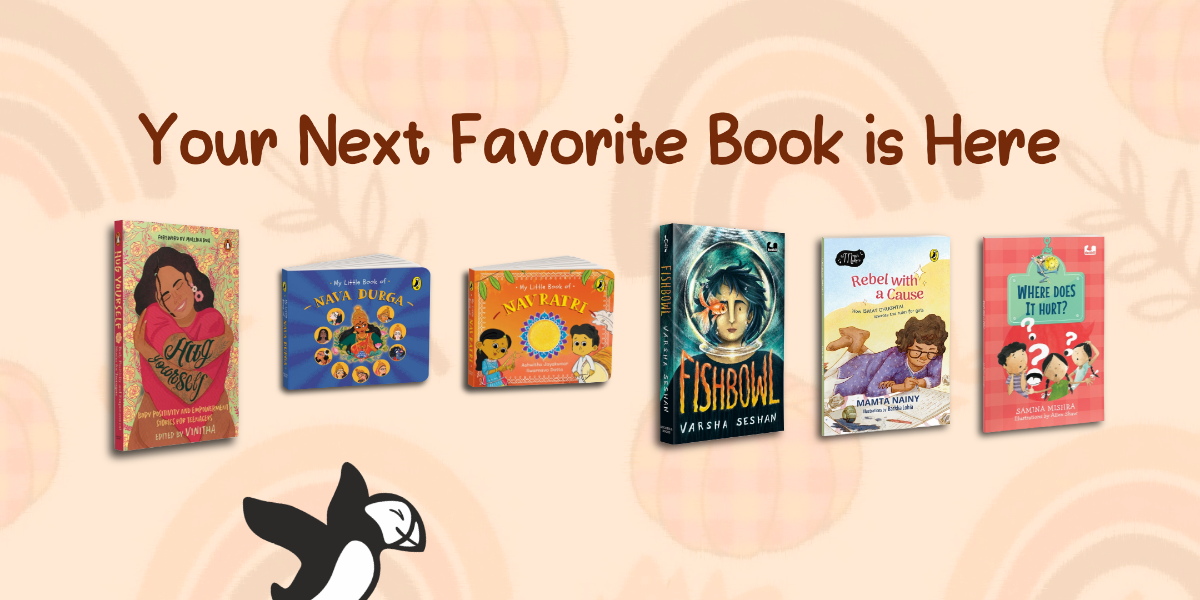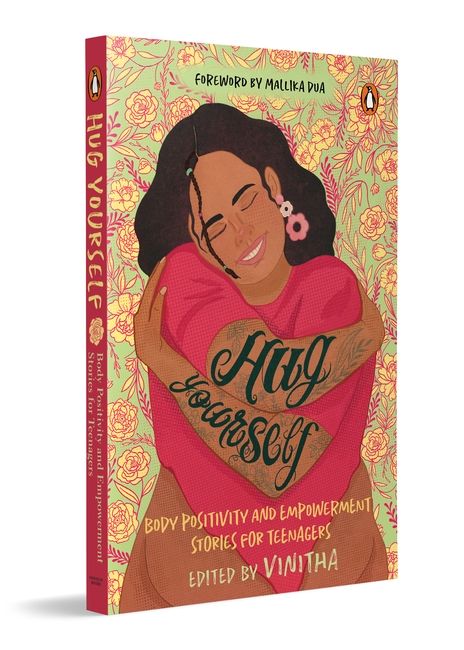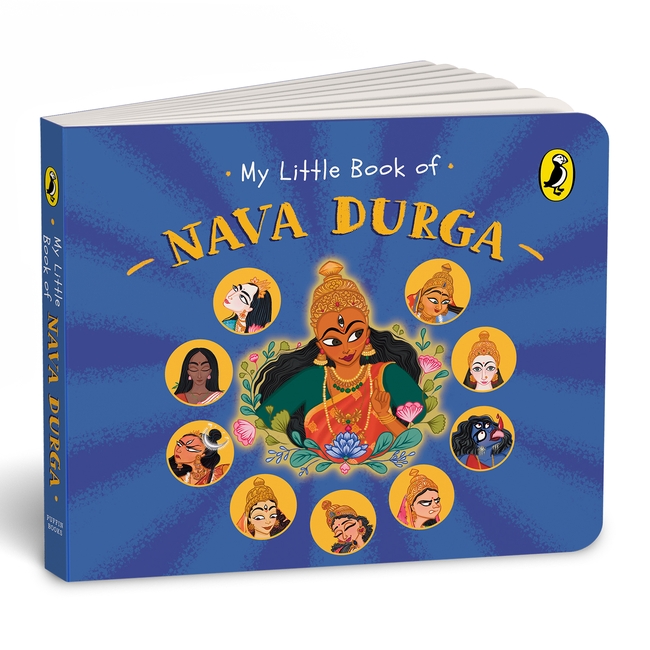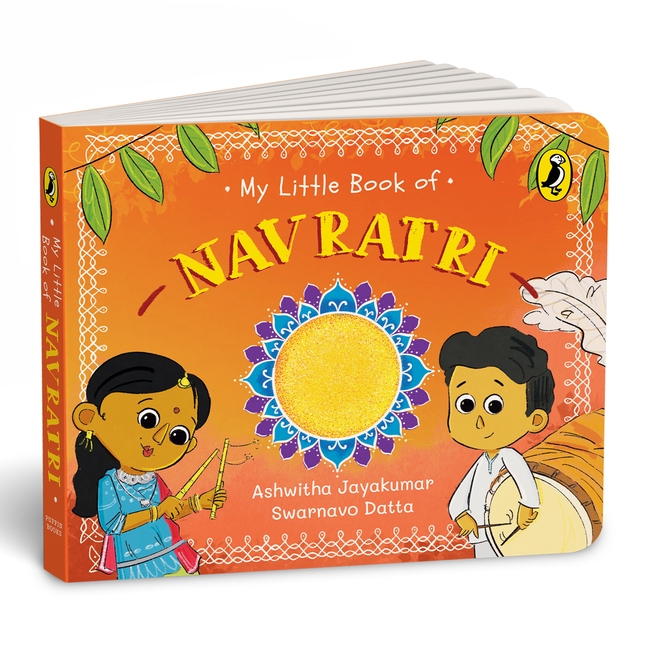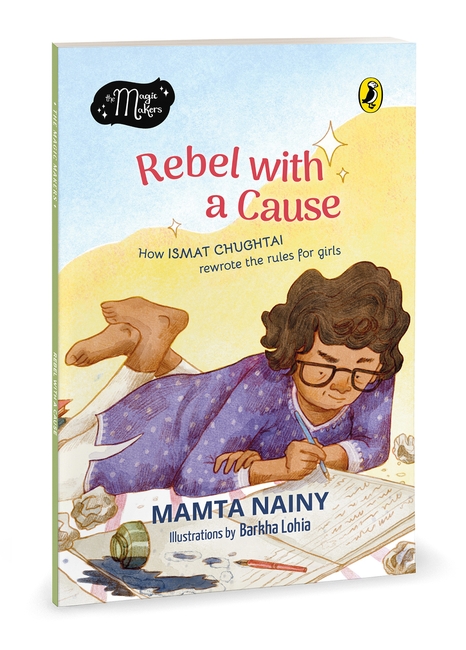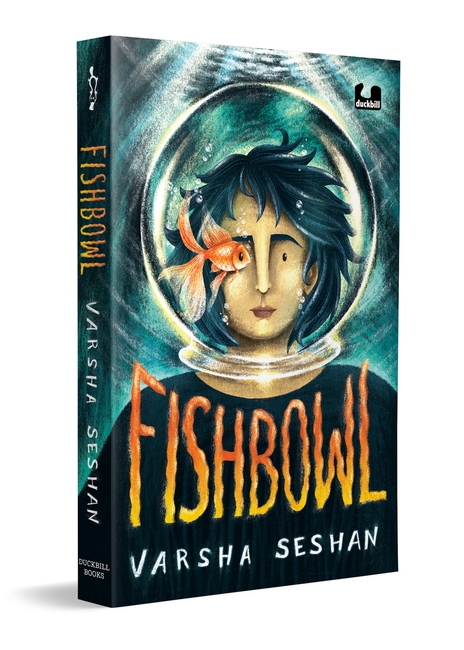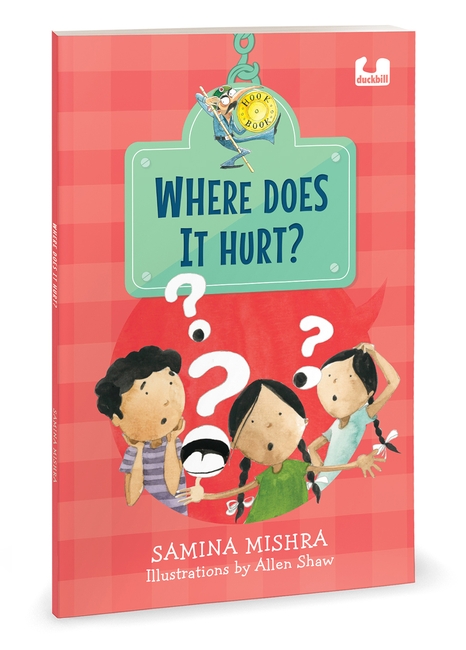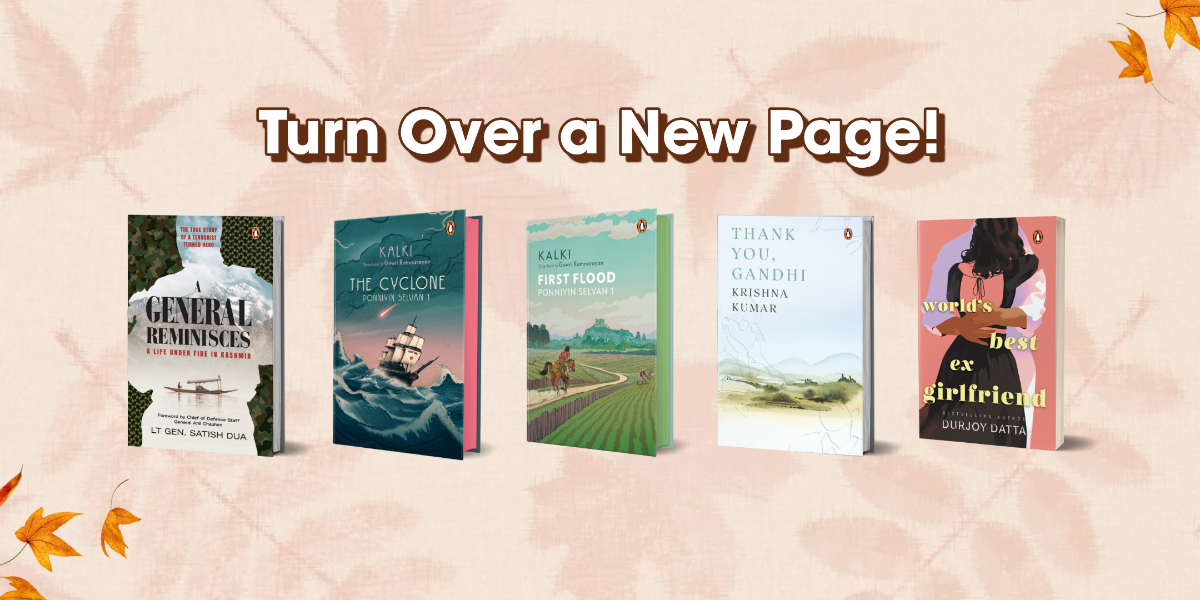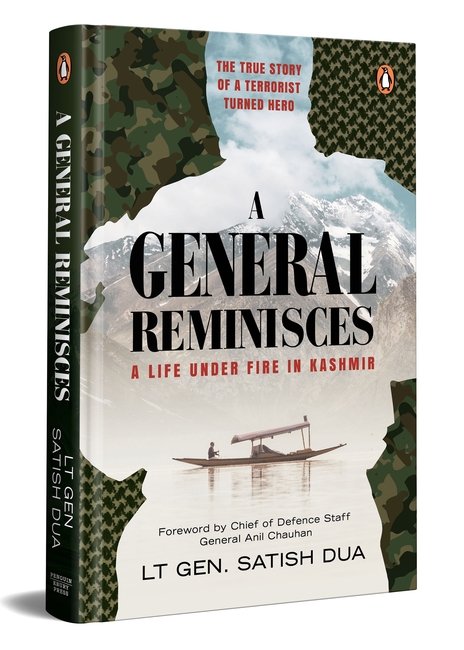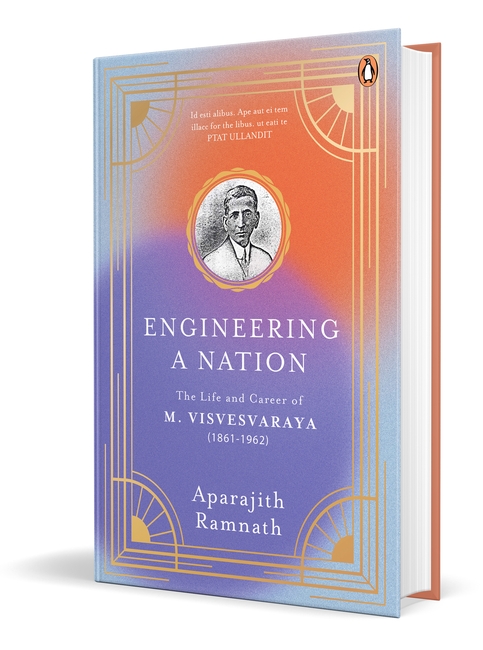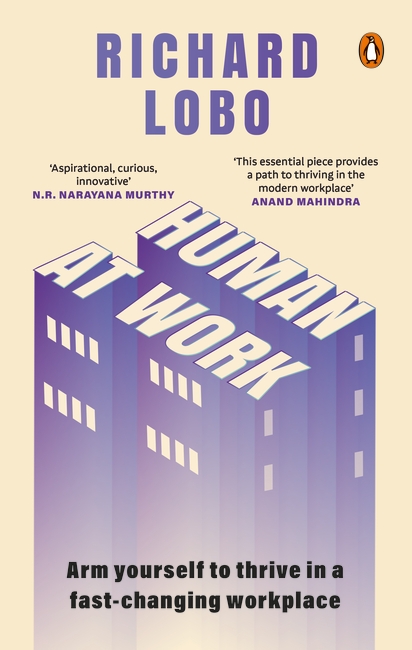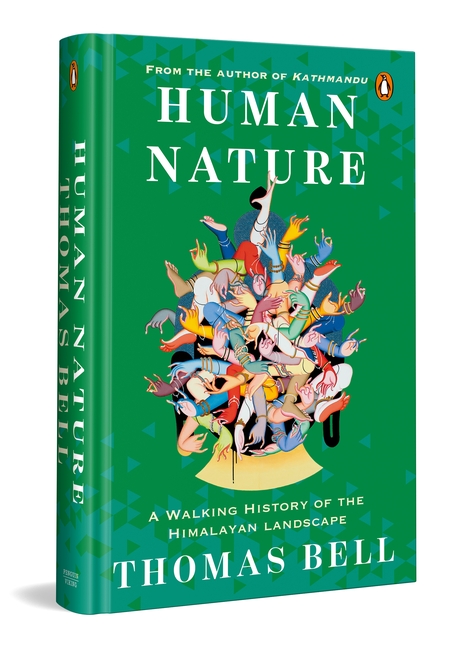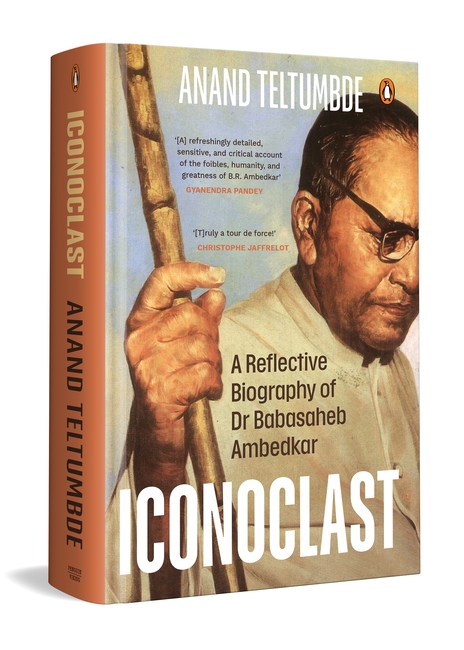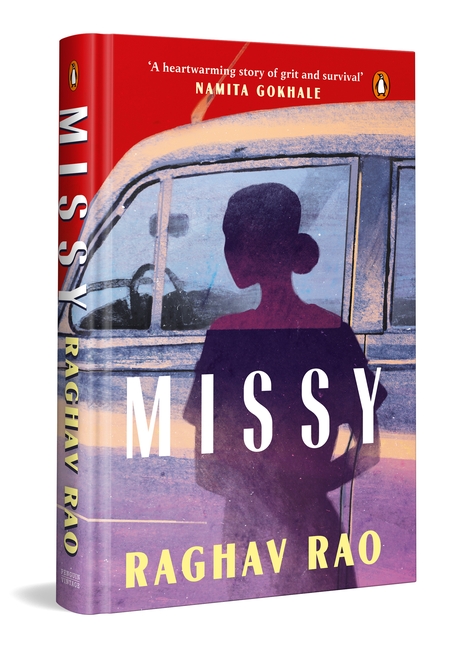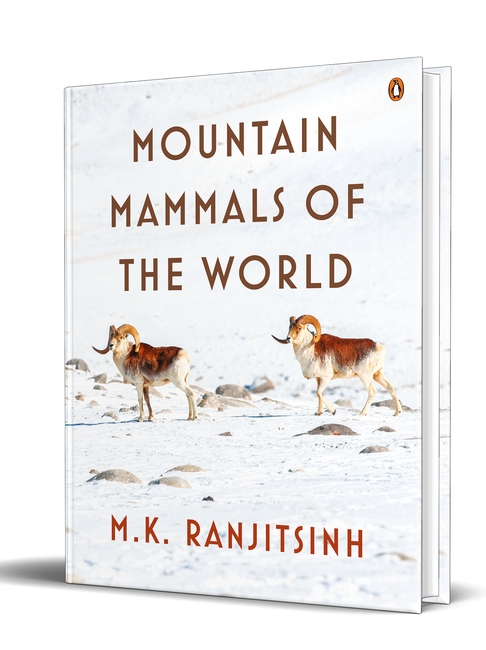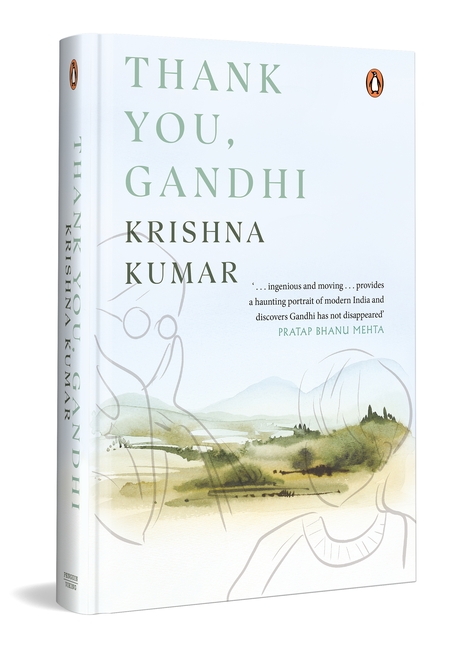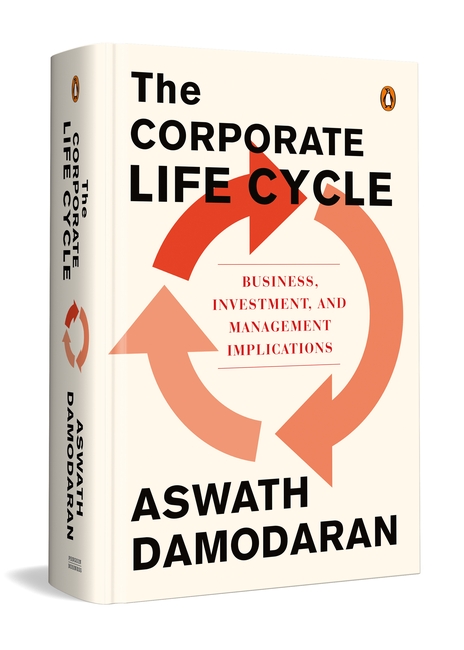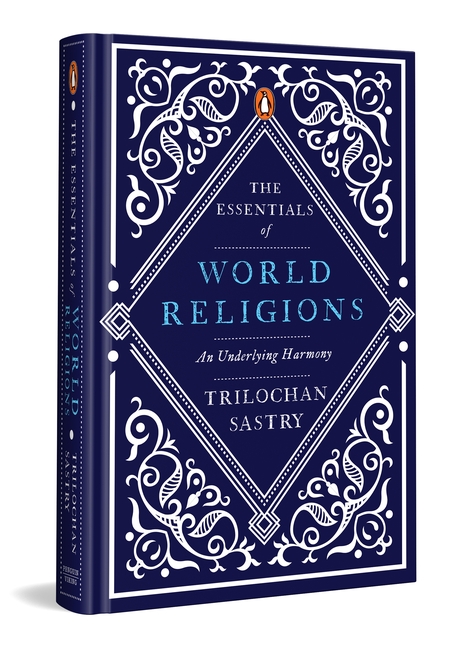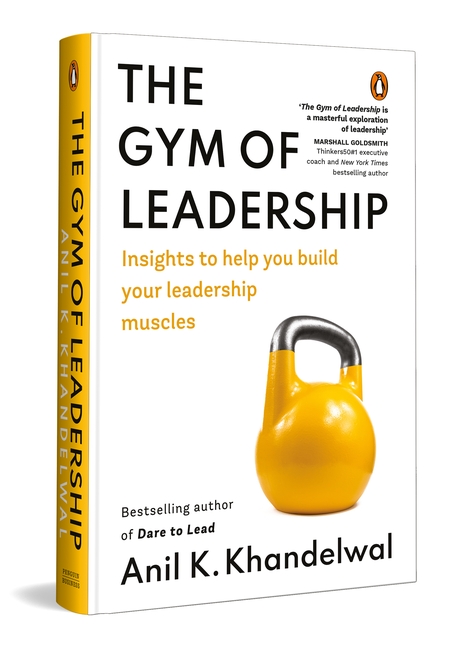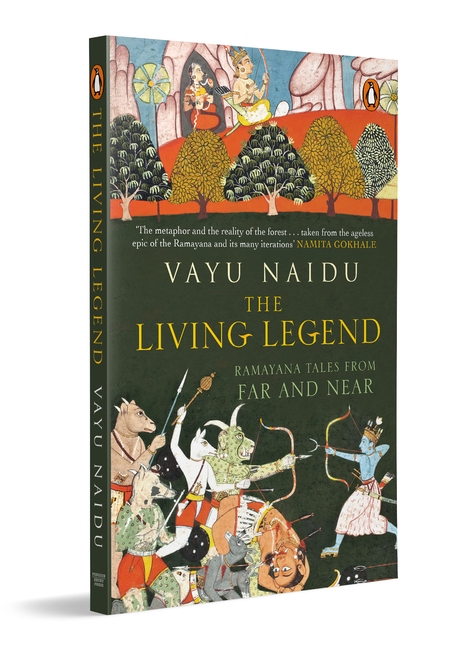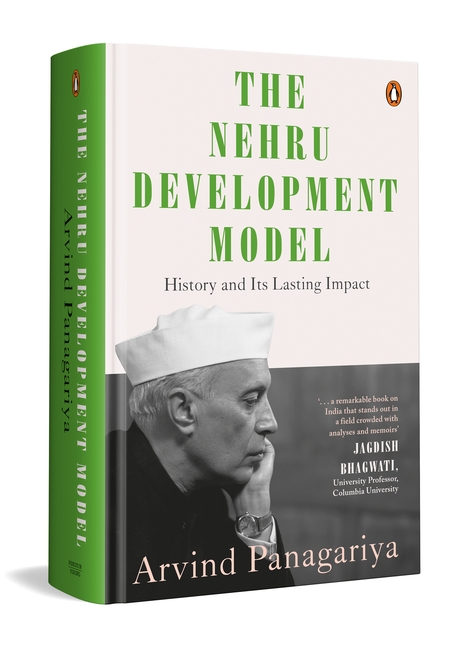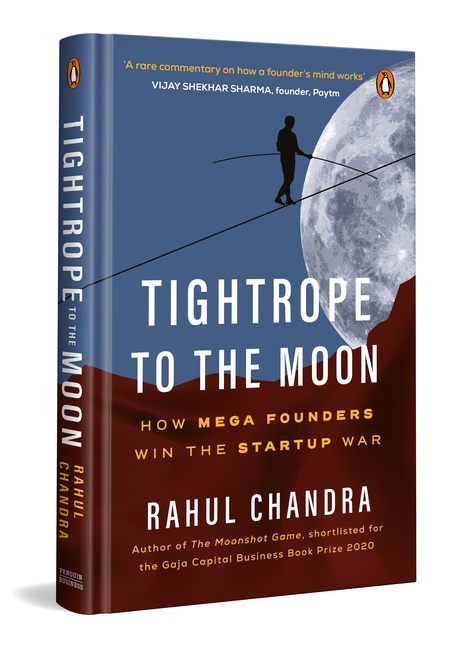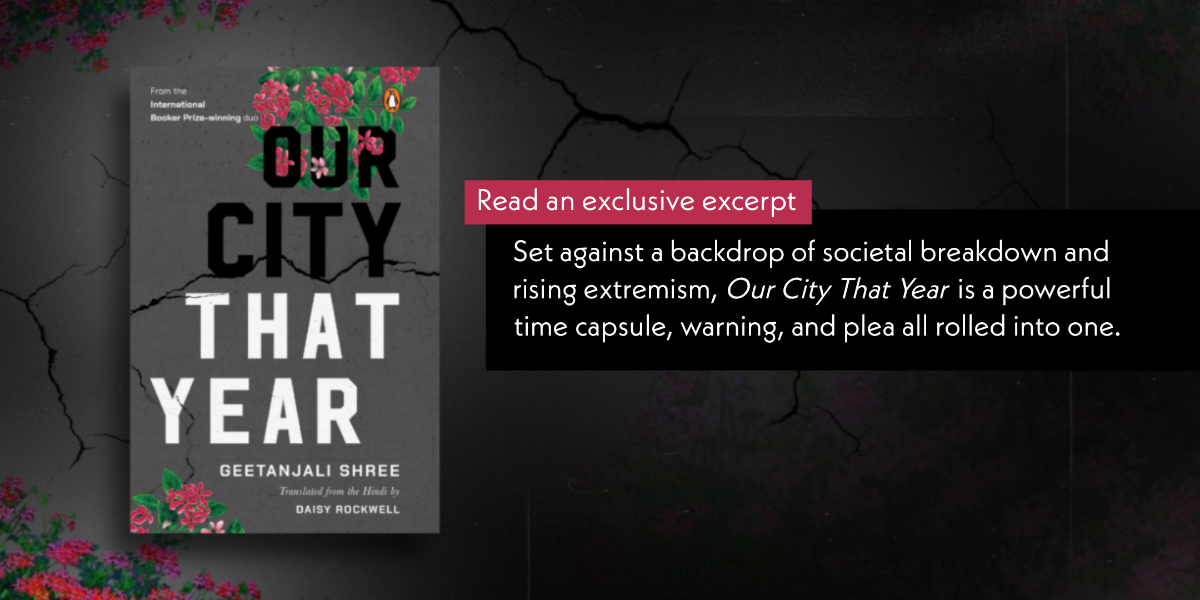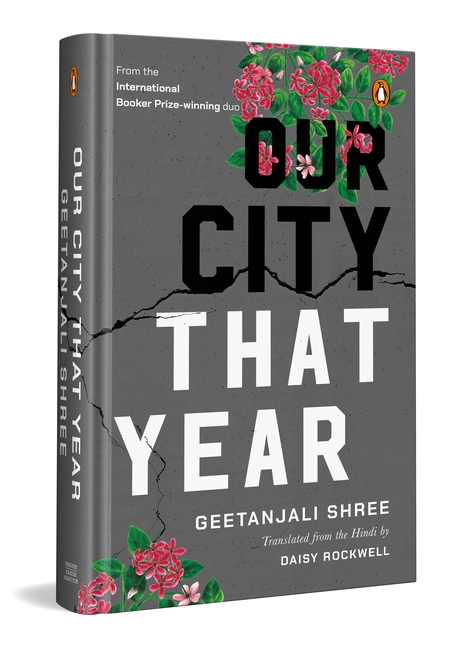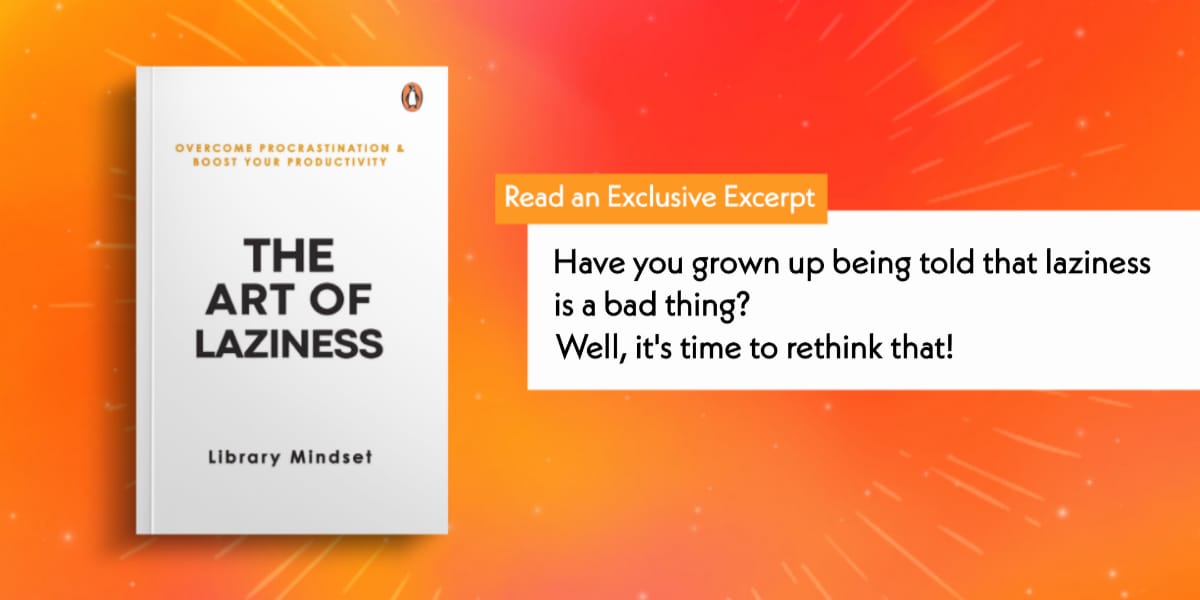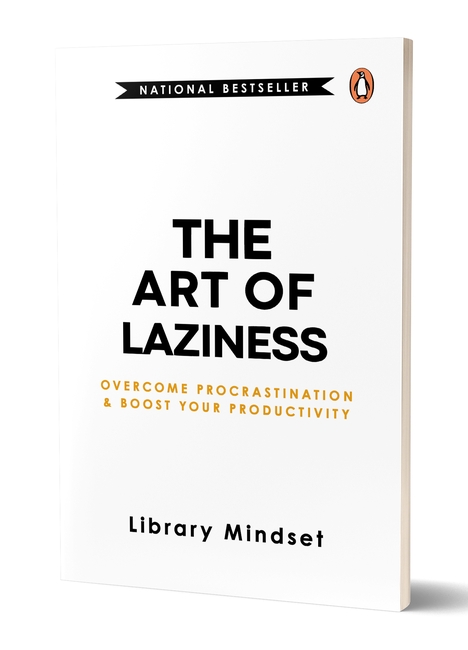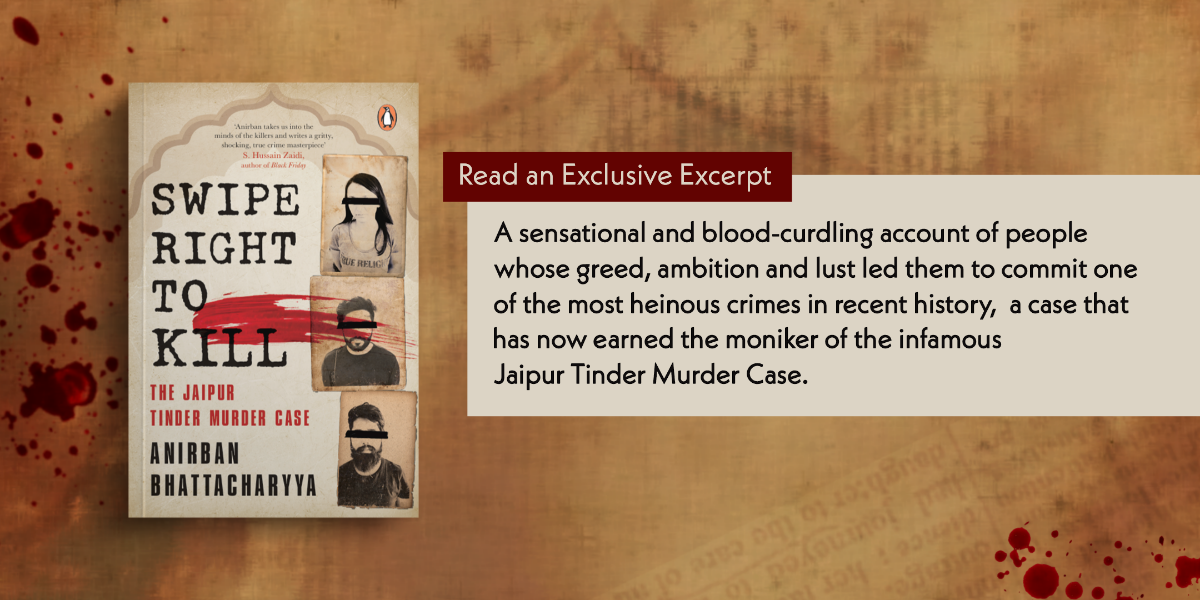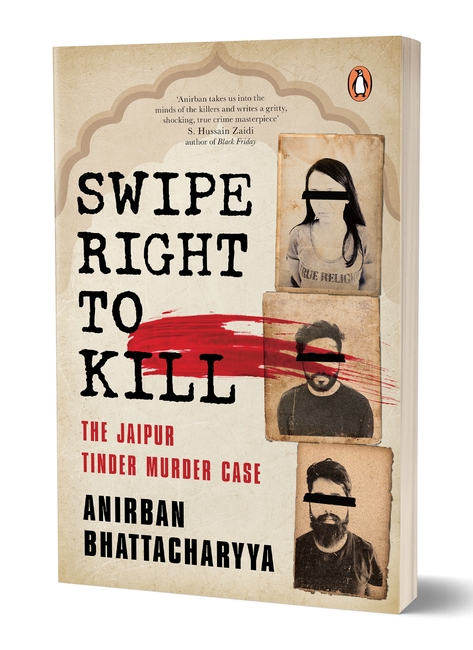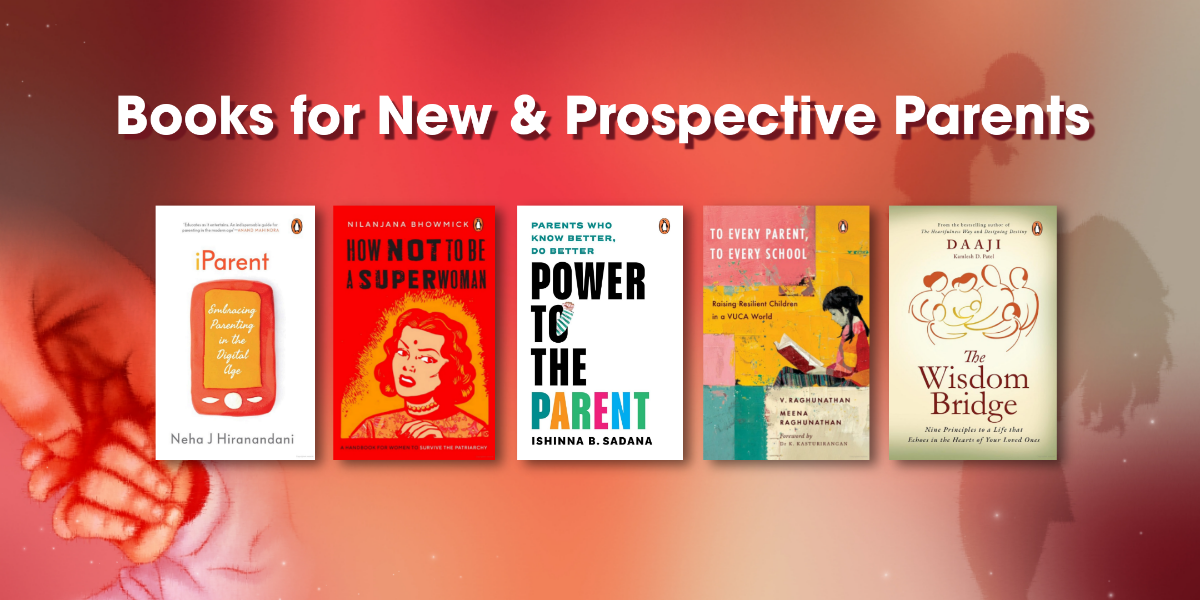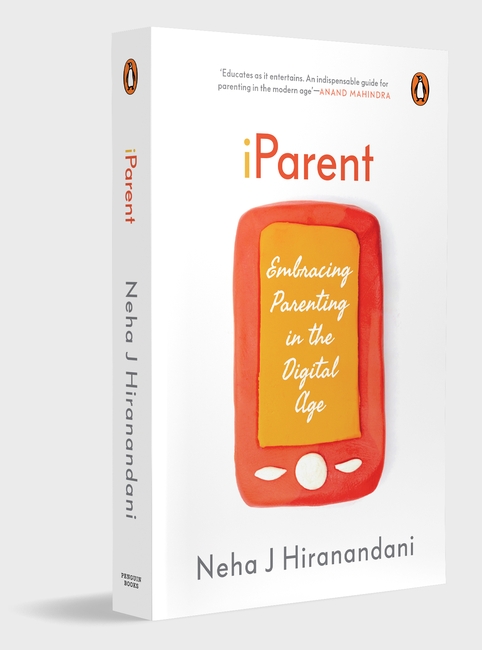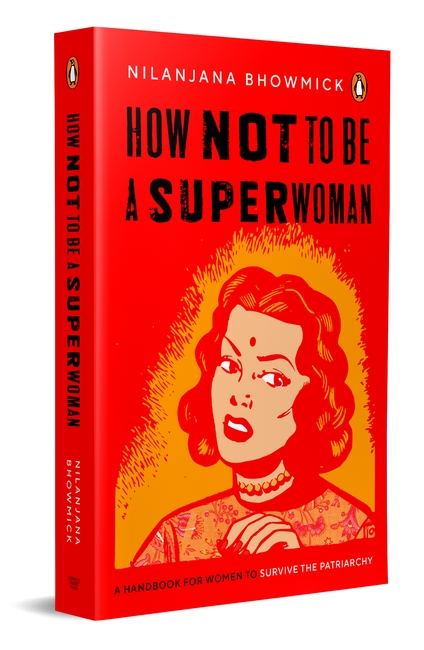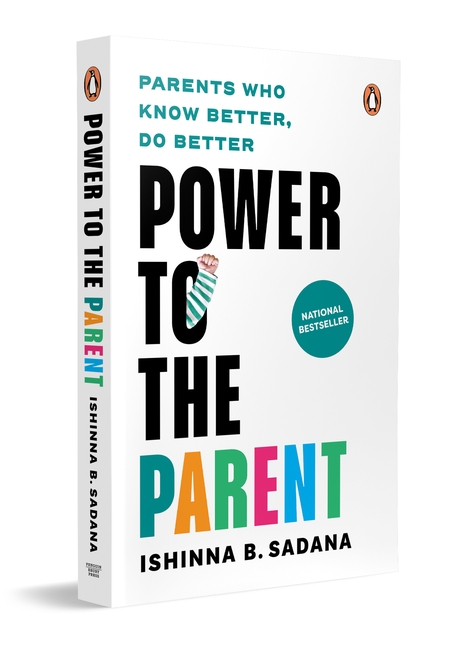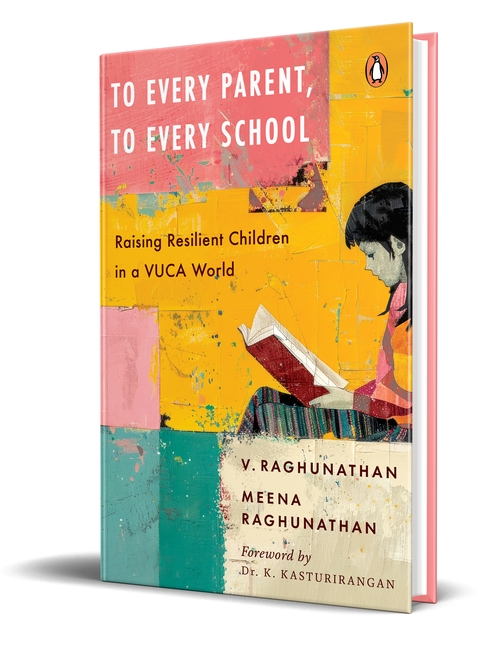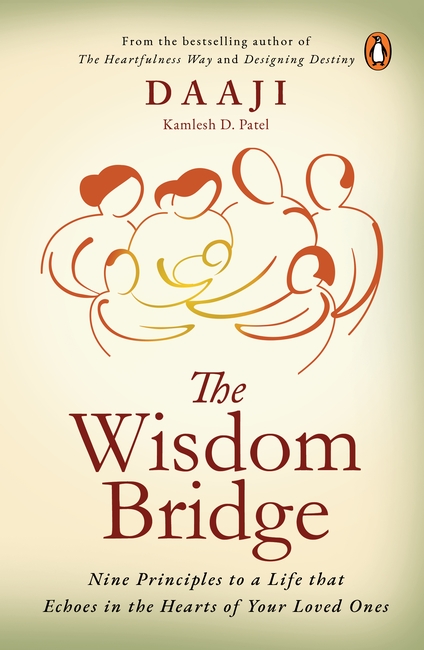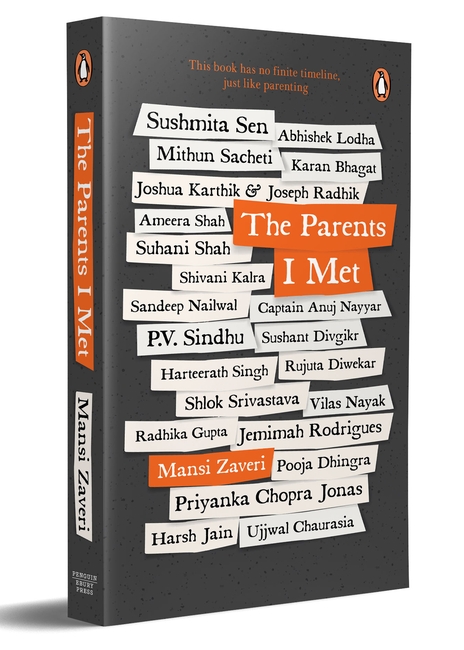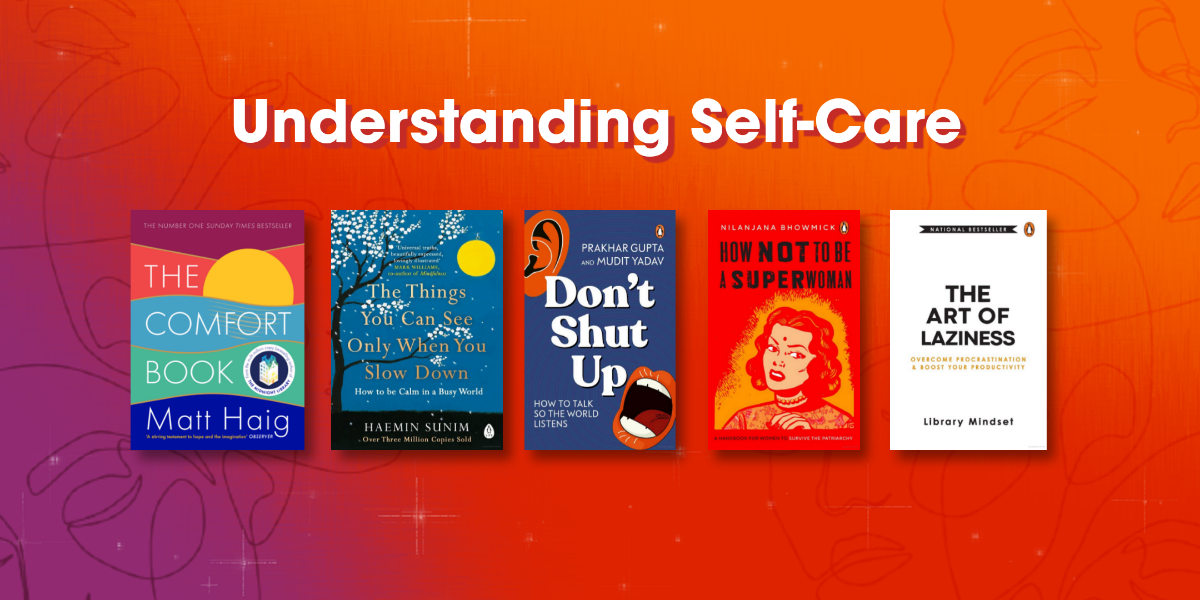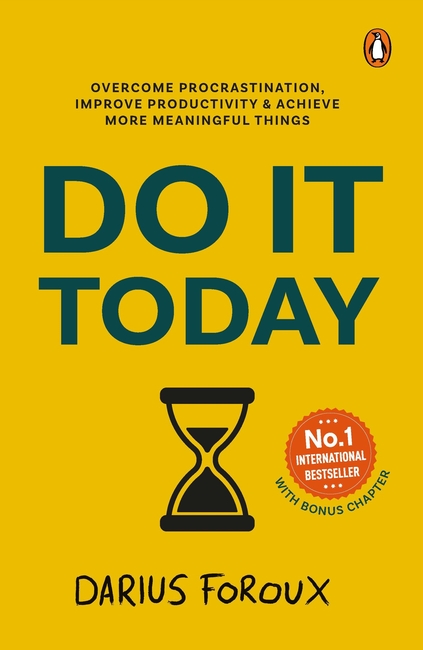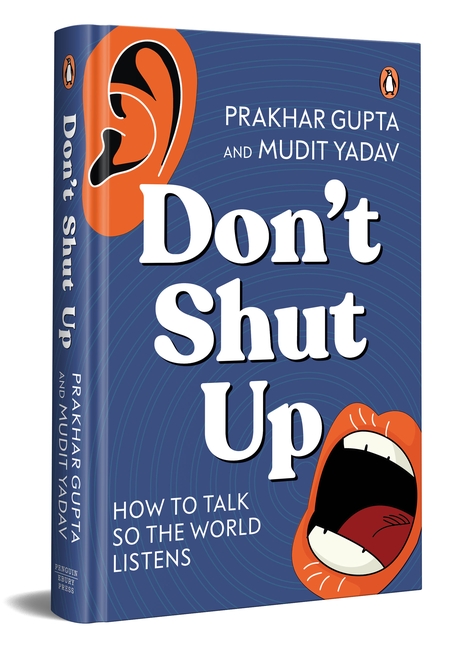PROLOGUE
July 2002
Chandigarh, India
‘A little more. Yes, hold him there,’ the voice whispered.
‘But . . .’
‘Do you want a baby or not?’
The question hung in the air, heavy with an unspoken threat. For her, it wasn’t a choice; it was a desperate quest for a fresh start. The relentless craving gripped her, pushing her to the brink. With trembling hands, she forced the baby’s fragile body into the bathtub, but the tiny head emerged once more, gasping for a stolen breath.
‘Push him back.’
The urgent command spurred her into swift action. The baby’s once-piercing wails, those nightmarish cries that had haunted her every night, now ebbed into a murmur. She released the lifeless body into the soapy water, savouring the stillness that closed in around her. Satan’s voice had ceased
screaming, and the silence around her felt almost musical.
‘See, it took less than thirty seconds. It’s over. You can relax now.’
‘When will I get my baby back—’
Before she could hear the reply, the maid burst into the bathroom, her wail louder than the shattering of a dropped glass. Yet, no amount of wailing could disturb her unless it came from Satan himself.
And she had ensured that Satan wouldn’t cry again.
Ever.
CHAPTER 1
The Death
Then
Vijayalakshmi
January 2001
Ajmer, India
‘You should have booked a taxi to Chandigarh,’ my mother-in-law suggested, her voice tinged with concern. ‘Travelling on a train with twins isn’t a good idea, especially in this cold weather,’ she added, observing as I packed the nursing bag for my three-month-old twins in the kitchen.
A few months ago, my husband Ankit convinced me to have our twins at his ancestral home in Ajmer, with his mother keeping a hawk’s eye on us. Being an orphan, I reluctantly agreed, knowing I lacked the experience and support to navigate the chaos of newborn twins alone. Little did I know, what was meant to be a supportive stint turned into a never-ending exile.
While Ankit, the mastermind behind the plan, coded programs for clients in Chandigarh, I spent my maternity leave grappling with my mother-in-law’s relentless advice, feeling like a wrestler in an endless match, nodding along as if it were my only move.
Now, as I hastily packed the twins’ nursing bag in the kitchen, itching to make my escape, my mother-in-law deftly tucked her saree like a pro wrestler gearing up for a title match. With theatrical flair, she motioned for me to hand over the pan and the water bottles.
‘I’ve got this,’ I declared with newfound bravado, causing her to pause. It was high time I asserted myself and showed her who the true mother of the twins was. As I poured boiling water into the thermos, her eyes tracked my every move, like a goalie defending a penalty shot. A splash here, a splash there—more than a few drops found their way on to the counter, allowing her to assert her dominance. Adjusting her gold bangle with the finesse of a queen surveying her domain, she graciously offered, ‘Come, let me lend a hand.’ I believe she meant: Come, let me belittle you. Because what followed couldn’t be described as lending a hand.
‘Back in my day,’ she remarked with a bitter edge, ‘my esteemed mother-in-law would have flipped the entire house over at the sight of such a spill, especially considering we live in a desert where every drop counts. Yet here I am, graciously helping you clean the counter without batting an eye.’ She served her daily dose of ‘you-know-nothing’ and ‘how lucky you are.’
The whistle of the pressure cooker caught her attention, prompting her to turn off the gas. Instead of preparing the aloo puri Ankit had requested for our journey, she continued her relentless track of ‘count your blessings’ detailing the hardships of raising twins and recounting the sleepless nights she endured with my colicky newborns over the past three months. According to her, every problem and every cry from the twins boiled down to hunger or the evil eye. Amidst her sugar-coated advice, her subtle jabs at me and my daughters never missed their mark.
Another one came my way, catching me off guard before I could even brace myself for the impact.
‘Better keep Kavya’s pacifier within arm’s reach. Her wails could resurrect the dead. It seems she inherited that booming voice from your side of the family, given that we could barely even hear Ankit’s cries as a baby,’ she quipped, effortlessly sliding in another jab with her ‘your side of the family’ dagger that seemed permanently lodged in my chest. Oblivious to the verbal wreckage she left behind, she unzipped the nursing bag, meticulously arranged the milk bottles I had carelessly tossed inside earlier and said, ‘You should have resigned or taken unpaid leave. We could have assisted in raising the twins. It is not that you earn a fortune.
From what I gather, our estate manager earns a similar salary.’
‘Well, I guess I’m in the wrong line of work. Maybe I should resign from my job as a software engineer in an MNC and apply to become an estate manager, managing the inheritance bestowed upon someone by the Almighty who clearly picks his favourites,’ I replied, my tone laced with sarcasm, hoping she would end this ordeal then and there. But like me, she seemed to have gotten up on the wrong side of the bed, dragging the conversation further.
‘The point you seem to overlook is that you’re no longer an orphan who had to fend for herself. Your husband can more than provide for you, and let’s not forget that everything we own belongs to Ankit as well. So, I fail to comprehend the urgency of dashing off to Chandigarh with three-month-old twins for just a couple of thousand rupees,’ she said.
I should have kept my sarcasm on a tighter leash, a skill I’ve been refining for half a decade, delicately sidestepping certain boundaries with my mother-in-law. Let’s say I wasn’t her favourite person in the house, and she made sure I never forgot that by delivering a fresh barrage of critiques, some warranted, some downright ludicrous. Despite the sleepless nights and hormonal roller coaster of the last three months, I managed to pirouette around every potential clash. But at that moment, repeated attacks on my orphaned status and profession finally got a reaction out of me. I couldn’t help but retort, ‘I’d rather take care of our responsibilities than squander my husband’s hard-earned fortune on kitty parties. But I suppose such notions might be beyond your comprehension—’
‘Viji,’ Ankit’s warning tone brought me to a halt. His furrowed brow resembled a brewing storm cloud, a clear sign I had struck a nerve. Standing tall and rigid, my husband silently demanded an apology, unaware of the rebellion within me. I had delivered my single act of defiance, and in that moment, the delicate balance of power between us had shifted.
Apology? Not in this lifetime.
It was a parting gift for my mother-in-law until our paths inevitably collided again.
‘She’s stressed and tired,’ Ankit whispered, switching to salvage mode.
‘Yeah, she’s acting like she’s the first woman on earth to give birth to twins . . . and her attitude? As if she’s bestowed upon us the family heir,’ she retorted. The tone and sarcasm weren’t directed at Ankit. Months of resentment, long buried, surged within me, but I stepped away before the drama could unfold. Moments later Ankit stormed in, accusing, ‘Viji, you crossed the line today.’
‘Sorry for what happened, but she compared me—’ A gentle tap on our room’s door interrupted, depriving me of the opportunity to explain my side of the story.
‘It must be Rohini,’ Ankit said. He paraded in a radiant teenager, her fair complexion glowing brighter than the meticulously polished marble floor in my mother-in-law’s living room. With her long, lustrous hair and slender frame, she seemed crafted to be my mother-in-law’s dream daughterin-
law. I kept a tab on the hint of envy creeping into my eyes as Ankit introduced her with exaggerated enthusiasm, ‘This is Rohini, Kokila Dai’s daughter. Maa-sa convinced Kokila Dai to let Rohini stay with us for a while. She can help us raise Kavya and Navya just like Kokila Dai helped raise me.
Heard you’re great with kids, Rohini?’ Ankit lifted Navya, and the teenager naturally extended her arms, fitting into the mould effortlessly.
‘But she’s practically a child herself,’ I whispered.
‘I can handle this bag too,’ Rohini offered, effortlessly slinging the nursing bag over her shoulder, her confident smile silently declaring: Don’t underestimate me. A sense of relief washed over Ankit’s face as she gently cradled Navya’s sleepy head. But the glaring disparity between Rohini’s porcelain
complexion and Navya’s sun-kissed skin made me wince. Her beauty seemed to overshadow my daughter’s simplicity. Or was my mind enchanted by my mother-in-law’s trademark nonsense, weaving doubts like spells in the air?
‘Maa-sa requested Rohini to join us. However, as soon as we find a trustworthy house helper, we’ll have to send her back,’ Ankit said, offering his lopsided smile. His beaming grin served a distraction, conveniently overshadowing the kitchen drama from moments ago.
————————————————————————–
At the train station, I bent down to touch my mother-in-law’s feet and offered an apology. However, it failed to thaw her resentment. She walked past me and discreetly handed a green-knotted muslin bag to Rohini. Before this silent exchange between them could raise a suspicion in my mind, the train’s whistle filled the air with farewells and forgiveness.
‘Let it go, Maa-sa. Viji hasn’t slept for days,’ Ankit reassured as he embraced his mother and affectionately patted her cheek. A smile, swift as a gazelle, briefly lit up her tense expression.
‘Your Daada-sa is hoping to see the face of his great-grandson soon. He doesn’t have much time left,’ she said. So, the smile was a lure, aimed at securing a favourable outcome this time, one that his entire family would savour. Ankit’s family would have swiftly traded my prematurely born daughters for a grandson if only there were a baby exchange policy in the realm. The universe’s packaged deal gifted to us would have been perfect if I had given birth to twin boys. In that ideal scenario, the newborns’ skin colour and nose size would have paled in comparison to their status as heirs to the family.
‘It’s time to board the train,’ Ankit declared, touching his mother’s feet. He deftly sidestepped her probing inquiry, but she was determined. Now, her sights were set on me like a wrestler in the arena closing in on an opponent, determined to emerge victorious.
‘You’re aware of how desperately Ankit’s grandfather desires a great-grandson, Viji. Consider planning another baby soon,’ my mother-in-law stated, her eyes firing daggers in my direction. This was the perfect opportunity for Ankit to eloquently lay out our decision, but he chose to grace us with his non-committal smile. The phrase ‘nip-in-the-bud’ clearly didn’t exist in my dear husband’s dictionary. I took the lead and said, ‘We already have two kids, Mummyji. We can’t afford another one.’ I paused, hoping for Ankit’s support, but he looked away, revealing the disparity in our thoughts.
‘These decisions aren’t set in stone, Betaji. You might change your mind as the girls grow older, and sometimes, it’s the circumstances that force us to change our decisions,’ she said and pretended to pick a nonexistent thread from Ankit’s hand-knitted sweater. Her movements tread the fine
line between affection and manipulation with the delicacy of a balancing act.
‘The train is about to depart. Thanks once more for requesting Rohini, Maa-sa. Please take care,’ Ankit said.
I couldn’t help but marvel at Ankit’s remarkable talent for dodging bullets unscathed, expertly tiptoeing around taking sides. He was certainly mastering the art of walking the tightrope. Thankfully, as we headed back to Chandigarh, I looked forward to seeing less of this side of Ankit; perhaps he’d morph back into my husband instead of his mother’s shadow. With that comforting notion in mind, I bid my mother-in-law a not-so-fond farewell. However, her parting words lingered, a subtle reminder that life has a knack for forcing us to rethink our choices.
Ankit secured the suitcases to the luggage chain beneath the train berth. I wished he could also wrestle control over my unruly thoughts, for his mother’s words had not just stirred but unleashed the fear buried in the depths of my heart.
‘Are you again thinking the same thing, Viji?’ Ankit’s voice broke the chain of my thoughts.
Upon my nod, Ankit tucked the key in his pocket, settled beside me, and whispered, ‘I looked into this feeling of dread you’re going through. It might not be a hunch; it’s actually a common fear. Most new mothers harbour intense worries about their child’s safety and well-being. It’s a natural part of being a parent. We’ll have to embrace this concern because it’s here to stay for long. Now, let’s get some sleep. Goodnight,’ he said, picking up Kavya from my berth.
‘I’ll keep our dolls safe, Viji,’ Ankit said. He settled on his seat.
The overnight train from Ajmer to Chandigarh was a long-haul journey, and most passengers had drifted off to sleep. Unfortunately, sleep continued to elude me. I placed my hand on Navya’s beating heart, adjusted my neck on the inflated travel pillow and waited for the train’s rocking motion to lull me into slumber. However, my mind remained trapped in the same relentless loop: counting the potential ways this train ride could harm my twins. In the darkness of the night, this exhaustive list seemed to grow by leaps and bounds.
I had barely shut my eyes when Rohini urgently woke me up, seeking instructions on preparing their feeds. She was gently swaying Kavya in one hand while holding a milk bottle filled with boiled water in the other. I took Kavya from her and guided Rohini in preparing the feed. After checking the milk’s temperature on the back of her hand, Rohini took Kavya from me while I picked up Navya to feed her.
As my identical twins edged closer to their three-month milestone, I couldn’t help but notice their lack of synchronization, aside from their mirror-image appearance.
Kavya had the appetite of a ravenous bear, while Navya treated nursing sessions like a teething marathon. It was like they were each determined to carve out their path in the world, starting with their distinct meal preferences. Raising twins, I quickly realized, was less about raising carbon copies and more about embracing the delightful chaos of individuality.
However, tonight, they both succumbed to sleep with surprising ease, perhaps lulled by the rhythmic motion of the train. Rohini gracefully climbed to the berth above me after passing Kavya to the now-awake Ankit. The faint smile on Ankit’s face hinted at his approval of Rohini’s babysitting skills. I, too, found solace in Rohini’s presence, knowing she had promptly attended to my daughter’s cries. Her swift response alleviated my anxieties, and as the train picked up speed, slumber crashed over me like a relentless force.
I jolted awake, squinting at the clock in the faint glow of the station lamps—it was 4 a.m. The train had halted, stirring Navya from her slumber. Wide-eyed and voracious, she gnawed on her mittens, while Kavya remained blissfully asleep. I latched Navya on to my breast, bracing for her usual impatience. Yet to my surprise, she nursed for an extended period, seemingly satisfied with the milk supply. Astonished, I checked my other breast, finding it equally engorged. A few hours of uninterrupted sleep had transformed my body into a milk-producing powerhouse, surpassing even the alchemy of my mother-in-law’s remedies. If only Kavya would grant me a few more precious hours of sleep, I wouldn’t need any of my mother-in-law’s concoctions.
How did Kavya manage to sleep uninterrupted for more than four hours? She had never before slept for more than an hour at a stretch, often waking up for feeds or crying during her sleep, demanding to be rocked repeatedly.
An unease, tinged with fear and foreboding, surged through my veins. I unlatched Navya, placed her beside Ankit and hastily picked Kavya. Her hands lay limp at her sides. Cradling her in my arms, I gently offered the knuckle of my finger to her lips. By now, she should have eagerly latched on to it, suckling hungrily.
But my firstborn remained asleep, more profoundly than ever before.
I tenderly tapped her cheek, but there was no response.
My heart plummeted into the pit of my stomach, and the scream I intended to pierce the night got tangled in my throat.
The train began to barrel forward, yet everything around me violently grounded to an abrupt, heart-wrenching halt, echoing the stillness of my firstborn’s silent heart.
————————————————————————–
Now
Kanika Tripathi
July 2002
Chandigarh, India
It struck Kanika like a thunderbolt as she identified the smell. The house was permeated with the distinct scent of baby shampoo, particularly Johnson’s and Johnson’s.
Paramjit, her best friend and colleague, had vehemently advised letting someone else take charge of this case, but it was too late now.
‘I’m ASP Kanika. We received a call reporting a case of drowning. Where is the baby?’ Kanika inquired. ‘In the bathroom,’ the man standing at the door replied, stepping aside to make way for her team. The thin film of sorrow in his eyes turned into a tear, coursing down his cheek as he ushered Kanika and the team inside.
‘Please, after you, and you are the —’ Kanika began, intentionally leaving the question unfinished.
‘I am . . . was the baby’s father,’ Girish responded, swallowing a lump in his throat with a soft sob. Kanika noticed the shifting of the tense, a question she had often pondered: Can you ever stop being the parent of your dead child?
‘The bathroom is this way,’ the man continued, his voice quivering. His light blue button-down shirt still smelled of fresh laundry. The news must have compelled him to return home before the day at work could leave its mark on his clothes.
‘He’s in there . . . with—’ he faltered, gesturing towards the tastefully designed en-suite bathroom. Despite the serene ambience, the sight within was haunting. The white baby bathtub, filled to the brim with foamy water, an open bottle of honey-coloured shampoo on the floor and a soaked white baby towel nearby seemed out of place. Then Kanika’s eyes fell upon the baby, who lay as still as a tomb. The woman holding him was seated on a white plastic bath stool, matching the pristine white theme of the bathroom.
Kanika waited for the woman to lift her head and make eye contact, but she remained frozen in the scene, much like the baby in her arms. ‘Welcome to your new prison,’ Kanika thought bitterly, ‘where the memories of what could have been serve as bars, trapping you forever.’
‘Madamji, may I begin taking photos?’ a constable’s voice interrupted her, snapping Kanika out of her trance.
Kanika nodded and moved closer to examine the victim.
The infant, hurriedly swathed in a damp chequered kitchen towel, lay motionless with limp hands by its side.
The fingers, pruned and swollen, bore the telltale signs of immersion, reminiscent of the hands of a washerwoman after a long day’s work. Matching purple bruises marred the baby’s otherwise pale arms, suggesting struggle preceding the drowning. It painted a grim picture of a possible case of homicidal drowning. Before Kanika could confirm it as a case of drowning, the rookie constable, instead of using the camera’s zoom feature, approached closer to the baby to document the bruises. Anticipating a potential violent outburst from the mother cradling her deceased child, Kanika trailed closely behind. However, the woman’s vacant gaze remained fixed on nothingness, completely oblivious to their presence.
The woman’s ebony skin contrasted sharply with her fluorescent green chiffon kurti —a bold choice diverging from Kanika’s personal preferences. Yet, she carried herself with undeniable confidence, owning her ensemble with grace. A small black bindi adorned her forehead, the sole touch of makeup on her otherwise natural complexion.
Despite the simplicity of her appearance, she exuded elegance and near-flawlessness, save for two matching milk stains adorning her breasts. The sight stirred up longburied wounds, reopening painful memories of the past for Kanika.
————————————————————————–
January 2001
New Delhi, India
‘May I see him, please?’ Kanika asked, tears still streaming down her face. The doctor awaited Vikram’s consent before signalling the nurse to bring the baby into the recovery room. Kanika held the baby in her arms, gazing at his lovely face, praying for the light to return to his pupils and right all the wrongs.
‘Please, wake up. Just open your eyes, even if it’s just for a moment,’ Kanika pleaded softly in a trembling voice as she leaned in close to her stillborn baby. But there was no sign of life in the tiny, motionless baby cradled in her arms.
Her fingers trembled as they brushed against the still, silent face of her child, desperately clinging to hope that some miracle would bring him back to life.
‘I am so sorry,’ Vikram said, planting a gentle kiss on her forehead as he carefully took the baby from her. A tear he had been holding back rolled down his unshaven cheek.
‘Please, Vikram. I want to hold him one last time.’
She sat on the hospital bed, her body trembling with grief as Vikram wrapped one arm around her, cradling their lifeless son in the other. It was supposed to be their first family embrace, but instead, it became their last. Fresh tears stung Vikram’s eyes, threatening to spill over, but he held them back, unable to release the torrent of pain and guilt that threatened to consume him. Kanika’s tears, however, flowed freely, a relentless cascade born of the agony of long hours of labour, culminating in the crushing silence of their stillborn’s arrival.
Before bringing Kanika home from the hospital, her mother and Vikram had concealed all the baby’s belongings in the divan. However, the milk flowing in Kanika’s breast and the lingering pain from her episiotomy sutures served as unyielding reminders of her profound loss. For days, she mechanically expressed the milk, watching it cascade down the drain, each droplet an echo of her grief until it settled and became an indelible part of her being.
————————————————————————–
July 2002
Chandigarh, India
‘I found this ambulate near her, Madamji,’ Amanpreet, the constable, reported, holding up the dangling silver amulet on a black thread, catching Kanika’s attention.
‘It’s called an amulet and where are your gloves?’ Kanika reprimanded her rookie team member for contaminating the evidence. But it was too late. Kanika retrieved an evidence bag from her sling bag and motioned for the recruit to place the amulet inside. After sealing the bag, she examined the amulet’s thread. It was too small for a baby’s waist but too big for a baby’s neck.
‘Whose tabeez is this? Is it yours?’ Kanika shook the bag in front of the woman. The woman’s eyes flicked to the bag but she remained silent. Kanika squatted down, trying to catch her gaze, but the woman stared blankly ahead.
‘What happened to your baby, Sir?’ Kanika shifted her attention.
‘Viji, Neha’s best friend, drowned our baby,’ the man replied, tears streaming down his cheeks, unleashing the sorrow.
‘And where is Viji now, Mr Khatri?’
‘She is Viji.’ He pointed to the woman on the stool.
‘So, she is not the mother of this baby?’ Amanpreet asked in shock.
‘No. She is not the mother of this baby. My wife Neha is or was,’ the man said, breaking into a loud sob. Kanika referred to her briefing note: a woman had reported the death of an infant via a phone call.
‘I was told a woman called the police station. Did your wife make that call?’
‘I called the police station.’ A young woman entered the room. She seemed too young to be the mother of this child, but Kanika didn’t make assumptions.
‘Can you tell us what happened here, and when did this happen?’ Kanika opened a fresh page in her notepad, ready to take notes.
The girl blinked away tears and said, ‘It all happened one hour ago. I was preparing Dhruv’s clothes when Neha Madam took him for a bath. Dhruv began crying again, so I rushed to prepare his feed. A loud scream startled me as I poured the milk into the bottle. It was so loud that I accidentally spilt the milk on the kitchen counter. I ran to the bathroom and found Dhruv . . . he had stopped crying and I found her . . . holding him upside down. When I attempted to retrieve the baby from her, she forcefully snatched him from my hands and pushed me away,’ the young girl recounted, wiping her tears with the back of her palm.
‘Where was Neha when you came into the bathroom?’ Kanika asked.
‘Madam Neha hurried past me as I entered the bathroom. I thought she had gone to fetch the doctor. When I asked Bhabhi-sa what happened and why was she holding the baby like that, she shouted at me and asked me to call the police station. She drowned him,’ the young woman explained, giving Viji a hostile glance, exposing their tense relationship.
‘What is your name?’ Kanika asked.
‘Rohini.’
Kanika noted how Rohini had addressed Neha as ‘Madam’ and Viji as ‘Bhabhi-sa’ and the tension between Rohini and Viji.
‘So where is your madam now, Rohini?’ Kanika’s voice sliced through the tense air.
‘I don’t know, Madamji. This isn’t the first time —,’ Before Rohini could finish her sentence, Mr Khatri interjected.
‘I was at work when this happened. Rohini called, and since then I’ve searched the house, the streets—I even called Dhruv’s doctor. I can’t find Neha anywhere, Ma’am. I tried asking Viji, but she’s . . . like this? Rohini thinks you drowned him, Viji. Did you drown him? Why did you do that, Viji?
Why didn’t Neha stop you?’ His voice crackled with anger and accusation, but Viji remained unmoved.
‘Amanpreet, send the body for a post-mortem,’ Kanika instructed firmly, beckoning the constable to gently take the baby from Viji’s arms. Kanika couldn’t bear to look at the lifeless face of the child. ‘Hand him over to Madan,’ she directed, then turned back to Viji. ‘What happened, Viji?’
The silence in the room prompted Kanika to rephrase her question. ‘What happened to Dhruv? And where is Neha?’ she demanded, her tone now tinged with authority.
‘Did you drown the baby? And where is Neha?’ Mr Khatri demanded.
‘I drowned . . . in the river . . . I killed them,’ Viji blabbered, catching Kanika’s team off guard. Before Kanika could document this as Viji’s confession, Mr Khatri interjected. ‘We are not discussing your deceased twins, Viji. I am asking about my baby. My Dhruv. The baby you drowned.’
The ground seemed to shift beneath Kanika’s feet. She had prepared herself for dealing with one infant’s death, but this appeared to be a two-for-one tragedy.
* * *
Pre-order your copy of The Drowning by Nidhi Upadhyay on Amazon or wherever books are sold.
